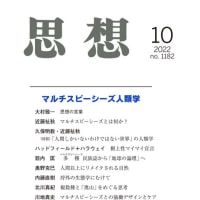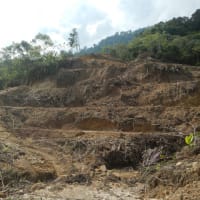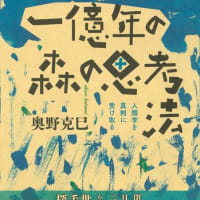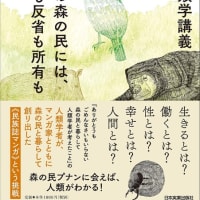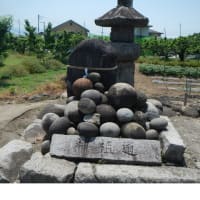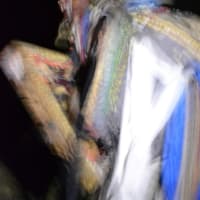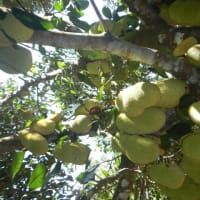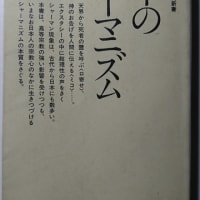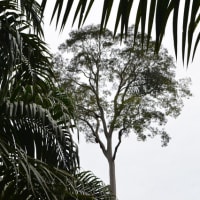
If Penan hunters return home without game, they murmur “piah pesaba” (angry words for animals), primarily to let the family members know of their hunting failure 1).
Iteu ulie amie padie melakau
puun ateng menigen 2)
saok todok kat 3)
selue pemine mena kaan 4)
uyau, apah 5)
panyek abai telisu bogeh 6)
keledet baya buin belengang dek ngelangi 7)
saok todok kaan
panyek abai telisu bogeh
keledet saok tedok kaan
baya buin belengang dek ngelangi
The above “piah pesaba” can be loosely translated in the following:
“Here I walked back, my brothers, I could not catch any animals, I could not hunt any animals. My father will die, my mother will die. Pig’s ugly nose, Malay who was once a boar, pig’s nose like a hammer’s head, big-eyed deer. Deer’s eyes which shine at night, crocodile, pig, hornbill, fowl cackles. I could not catch any animals. Pig’s ugly nose, Malay who was once a boar, pig’s nose like a hammer’s head, big-eyed deer. Deer’s eyes which shine at night.I could not catch any animals. Crocodile, pig, hornbill, fowl cackles.”
“Piah pesaba” can be uttered only when no game animals have been caught after hunting. It partly includes insults to animals: to play with their big nose, big eyes or nose shaped like a hammer’s head. In contrast, the Penan say that they should not utter words such as “piah pesaba” on a daily basis, which are thought to attack or play with animals.
In Penan society, it is believed that the meteorological catastrophe such as thunder, lightning, heavy rain and flooding is not partly but mostly attributed to the failure of human action. Human mistreatment such as attack or play with animals is believed to cause meteorological catastrophe.
1) The Penan of the Belaga River utter “piah pesaba” only when they return from an unsuccessful hunting trip, while according to Jayl Langub, “the texts of the utterance (of “piah pesaba”) convey the message to the audience in the village whether or not they caught a pig, its size, fatness or whether they caught other types of game, or that the hunt was completely unsuccessful” [Jayl Langub 2009: 9]. Jayl Langub shows that the root word “sabah” from “pesabah” is often used as an expression of sincerity of offer, drawing on Peter Brosius’s PhD dissertation [Jayl Langub 2009: 9, Brosius 1992]. However, I could not find (the meaning of) any word “saba” or “mesaba” during my fieldwork among the Penan of the Belaga. A Japanese ethnomusicologist, Shimeda who visited the Penan of the Belaga River in the 1980s, translated “piah pesaba” into Japanese as murmuring words for animals [Shimeda 1996].
2) The term “ateng” is an emphatic negative [Brosius 1992: 919]. The word “menigen” means “to hold”. This line means “we did not get anything” [Jayl Langub 2009: 9].
3) The words “saok” and “todok” mean “all”, while “kat” means “each and every” [Brosius 1992: 920]. This line means not a single animal [Jayl Langub 2009: 9].
4)The word “selue” means “all” and “pemine” means “the majority of” [Brosius 1992: 920]. The word “mena” means “give” and “kaan” means “animal”
5) These words are so called “death names” given to an individual upon the death of his/her father and his/her mother. This line can be interpreted as “if I am not tell the truth Father will die, Mother will die” [Jayl Langub 2009: 10].
6) The word “panyek” means “the blunt nose of the pig, which Penan consider to be ugly”. “Abai” is a “term for Malay” who was thought to be transformed by pigs by Penan in story. “Telisu” is a “term for hammer, referring to the flat nose of the bearded pig”. The word “bogeh” means “Bugis” [Brosius 1992: 922]. Belaga Penan explained to me that “bogeh” means “big-eyed deer”.
7) The word “keledet” refers to “eyes which shine at night when a light is shone at them” [Brosius 1992: 920]. “baya”: “crocodile”, “buin”: ”pig”, “belengang”: ”rhinoceros hornbill”, “dek”: “fowl”, “ngelangi”: ”cackle”.
(picture: my temporary hut for hunting at night in a oil palm plantation along the Belaga)










